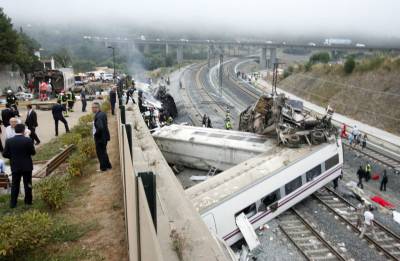NEW DELHI: Pakistan wants to have normal ties with India but not at the cost of Kashmir’s legitimate aspirations, a cause it will never abandon howsoever long it takes to bear fruit, Pakistan’s envoy in India said here on Friday, local media authorities reported.
High Commissioner Abdul Basit was speaking at an Independence Day ceremony at the Delhi mission.
His comments coincided with Indian Prime Minister Narendra Modi’s tweet in which he greeted the people of Pakistan on their independence day, reportedly.
At the ceremony, Mr Basit said: “Pakistan (has) always wanted to have a normal and cooperative relationship with India. To this end, it was necessary to settle all the outstanding issues, particularly the Jammu & Kashmir dispute.”
The comments came as both countries prepared for an August 23-24 meeting in Delhi between their national security advisers
Pakistan’s national security adviser Sartaj Aziz will visit India for talks with his counterpart on August 23 as the two neighbours look to resume dialogue against the backdrop of simmering tensions over a series of militant attacks and border clashes.
India had proposed August 23-24 for the meeting between Ajit Doval and Aziz in New Delhi in line with an agreement between Prime Ministers Narendra Modi and Nawaz Sharif in Russia in July that the NSAs would hold talks to discuss all issues related to terrorism.
But a militant strike on a police station in Gurdaspur and a BSF convoy in Udhampur cast a shadow on the process of re-engagement between the neighbours.
Uncertainty mounted after Pakistan summoned the Indian envoy on Tuesday for alleged ceasefire violations amid swirling speculation that the Pakistani army was heaping pressure on the government not to go ahead with talks.
“I can confirm I will be going to India on August 23,” Aziz, who doubles as Sharif’s adviser on foreign affairs, told a news conference.
He added his visit was not a breakthrough in terms of the composite dialogue but an ice-breaker on some issues. “Let’s hope it will lead to further more comprehensive dialogue on the other issues between the two countries,” he said.
Despite the attacks that New Delhi blamed on Pakistani militants, the Indian government did not call off the meeting unlike last year when it cancelled planned talks between the foreign secretaries of the two countries after the Pakistani high commissioner met Kashmiri separatists.
New Delhi is now following a two-pronged strategy in its engagement with Pakistan: It has vowed to give a “befitting response” to any cross-border strike but has not slammed the door on talks.
Pakistan wants India’s alleged involvement in fomenting unrest in Balochistan, the financial hub of Karachi and tribal areas to be part of the talks. India, on the other hand, is expected to raise the spike in militant violence blamed on Pakistan-based terror groups such as the Lashkar-e-Taiba, including the attacks in Gurdaspur and Udhampur.









